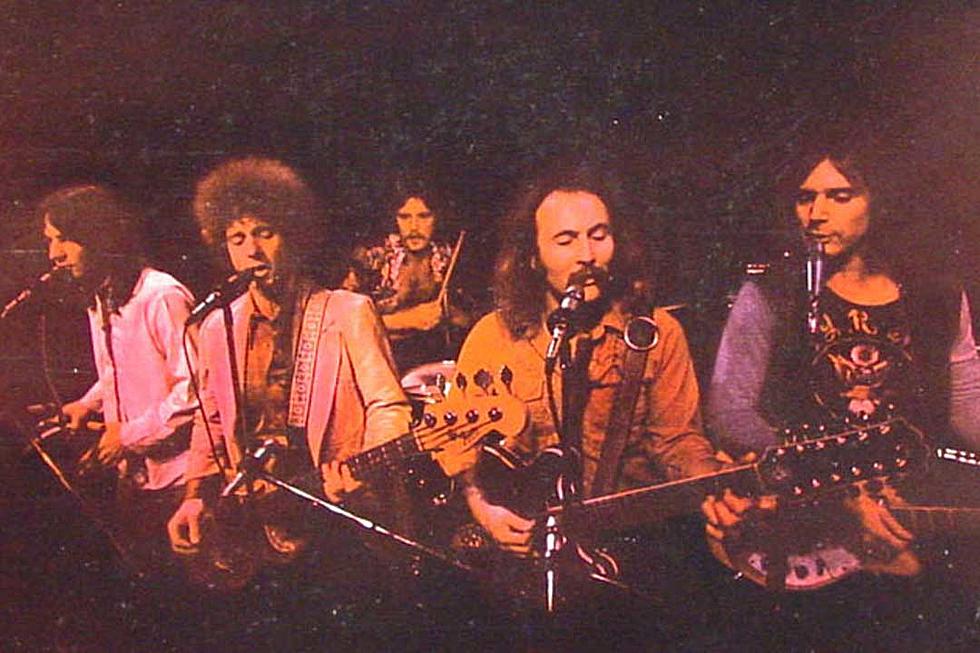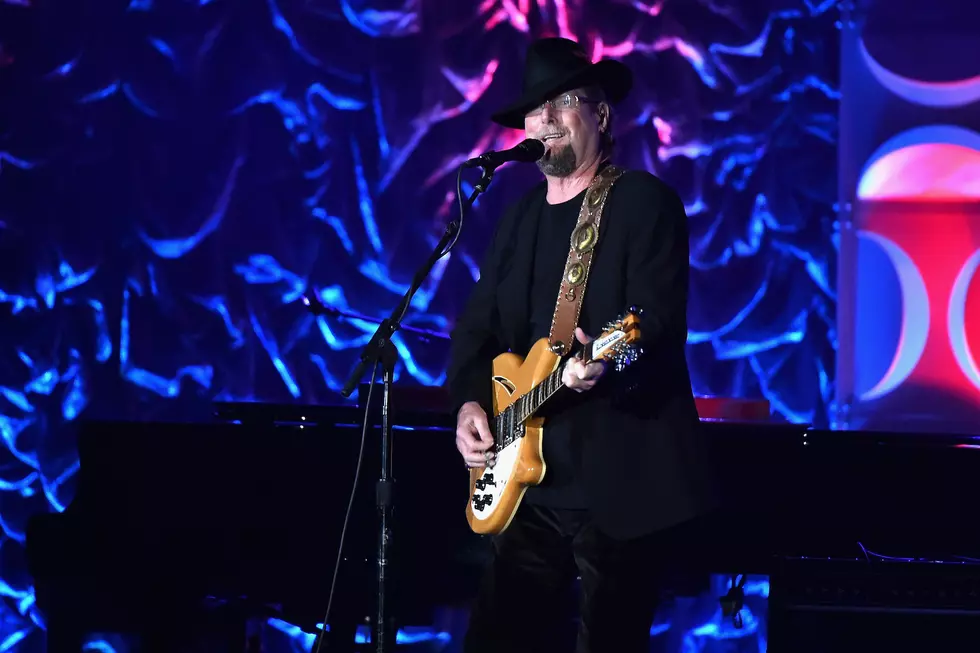
Byrds Legend Roger McGuinn on the Fight to Close a $60,000,000 Royalty Loophole
Classic rockers Roger McGuinn of the Byrds, Mark Farner of Grand Funk Railroad and Richie Furay of Buffalo Springfield and Poco recently joined musicians in Washington to call attention to something they perceive as an injustice. Due to a quirk in the law, music streaming services such as SiriusXM and Pandora do not pay artists performance royalty fees on songs recorded prior to Feb. 15, 1972.
SoundExchange, the nonprofit group that collects and distributes royalties to artists and record companies for recordings used by webcasters and streaming music services, has decided to do something about it. The group, along with almost 80 soul, jazz, blues and rock artists, started the Project72 campaign to change the law.
Project72 supports the Respecting Senior Performers as Essential Cultural Treasures (RESPECT) Act, a proposal co-sponsored in Congress by Reps. George Holding (R-N.C.) and John Conyers (D-Mich.) that would require the same protections for pre-1972 artists as those that recorded afterwards. Currently, a hodgepodge of state laws is the only protection these artists receive.
Before 1995, only songwriters and publishers received royalties when songs were played on the radio, while the performers of the songs got nothing. The Digital Performance Right in Sound Recordings Act of 1995 and the Digital Millennium Copyright Act of 1998 made some progress, but still left pre-1972 performers out in the cold.
SoundExchange estimates that heritage artists and record companies have lost out on $60 million in royalties in the last 12 months. It calculates that 59 percent of inductees in the Rock and Roll Hall of Fame have pre-1972 recordings.
Ultimate Classic Rock talked with Roger McGuinn about Project72 and the RESPECT Act. “It’s tough for older artists because they recorded their stuff before 1972. Somebody picked that arbitrary date when they redid the copyright law back in the ‘90s. It seems pretty clever because of the demographic: 77 million people, the baby boomers who listen to classic rock. That’s all stuff recorded before ’72: The Beatles, the Stones... the Byrds.
“There are artists that are unable to tour for health reasons. They depend on royalties. We just toured last year and we were with artists who were in wheelchairs. They were taken to the stage and away from it in a wheelchair. So it’s tough. I’m blessed that I’m able to still get around but there are people who can’t. They depend on these royalties.
“I’m not getting royalties for anything recorded before ’72 from SiriusXM or Pandora. Somebody from SiriusXM told one of the people in DC that it was illegal to pay us (laughs). It’s a big loophole.
“In my case, I recorded ‘So You Want to Be a Rock ‘n’ Roll Star’ with Chris Hillman and the Byrds. Chris and I wrote it in ’67 and it was on our ‘Younger Than Yesterday’ album that came out that year. Then Patti Smith covered it in the ‘70s and Tom Petty covered it in the mid-‘80s and they both get paid royalties for performance but the Byrds don’t. It doesn’t seem fair.
“Corporations are corporations and they always look at the bottom line. They don’t have a lot of heart. That’s what people complain about but we do live in a capitalist society where you expect to be paid for your work.
“So we’re trying to shine a light on it and we’re talking to as many people as possible. Look up your local congressman and e-mail them or phone them. They do respond to public pressure if there’s enough of it.”
In a statement to Ultimate Classic Rock, Pandora said of the RESPECT Act, “This bill fails to give pre-1972 recordings actual copyright protection and fails to solve the uncertainty created by a patchwork of state laws. Pre-1972 sound recordings should be addressed in a comprehensive approach that considers the many current issues in music licensing.”
At press time, SiriusXM had yet to respond to our request for comment.
More From Ultimate Classic Rock









